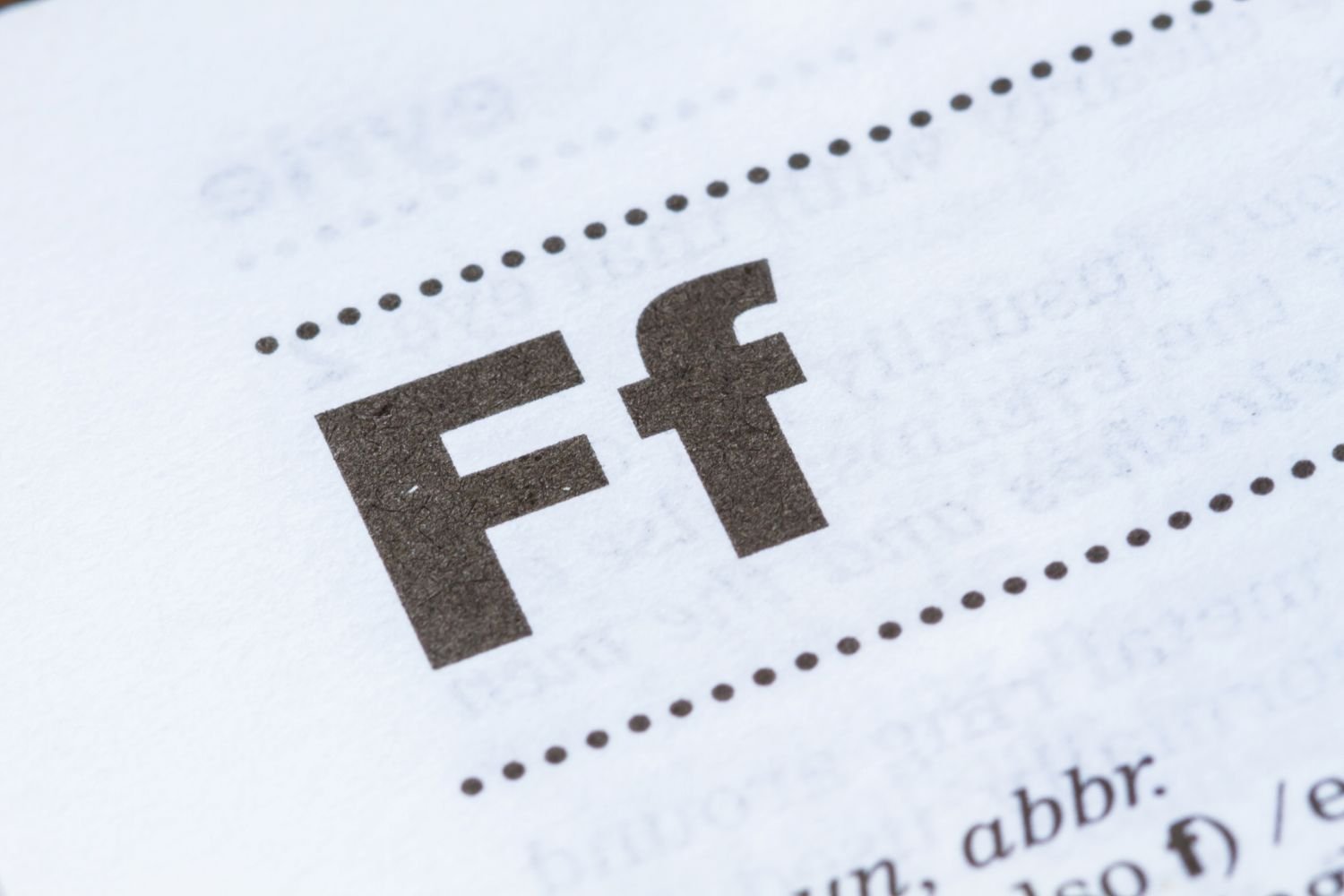There are various reasons why we do not talk to our friends about money, but it is actually not such a bad thing to do, an expert says.
Have you ever discussed the f-word with your friends, or is talking about your finances one of those topics that you would rather steer clear of, as you do with religion and politics?
Sanlam recently asked South Africans if they regularly drop the F(inances)-word with friends as part of its Dirtiest Word campaign that is focused on getting South Africans to talk about the one thing most of us avoid: the f-word, our finances.
The responses show that 47% of the respondents said their main discomfort around discussing finances with friends stems from a belief that money should be private.
Another 23% said they avoid money-talk because they do not want to show off, while 22% said they fear it could lead to requests for financial help.
However, author and personal finance expert Sam Beckbessinger says honest conversations can help us feel less ‘weird and broken’ about money. “Do not treat it like a competition. Be honest about your messy bits.
“Share your actual budget, not your fantasy one. Just be kind and curious and remember, we are all figuring this stuff out as we go. The best thing that happens when we open up to others is the realisation that we are not alone.”
ALSO READ: Why you should be having difficult money conversations with your loved ones
Talking about money or the f-word can be good for you
Mariska Oosthuizen, chief marketing officer at Sanlam, says open money talk can strengthen relationships, mental well-being and financial decision-making, although it is not always easy.
“Our research showed 21% of people feel insecure because they believe their friends have more money, while 20% feel pressured to ‘keep up’.”
Beckbessinger says money talk is often taboo because we tie it to our self-worth.
“It is wrapped up in shame, fear and that sneaky voice saying, ‘everyone else has it figured out but you.’ The antidote? Be brave and go first. Start small: ‘Hey, I’m trying to save for a house. Anyone else freaking out about property prices?’”
She says we are wired to copy each other. Even spreadsheet-wielding money nerds feel the urge to upgrade just because their ‘tjomma’ bought a toaster with a screen. But left unchecked, that impulse can drain your bank account. The fix? Figure out what you actually want. Not Instagram-you, real-you. Then build a financial plan to make it happen.
ALSO READ: Do you have money dysmorphia? Will you ever feel you have enough?
Be careful not to chase your friends’ goals
“Without a clear idea of your values and goals, it is dangerously easy to chase someone else’s by default. Start by asking what you care enough about to save for. What future are you trying to build?
“Having a bold goal makes it easier to say no to impulse buys and yes to choices that move you forward. Small sacrifices stop feeling like deprivation and start feeling like momentum.”
Beckbessinger calls social media a fantasy highlights reel.
“For all you know, someone could actually be drowning in debt and subsisting on expired noodles and tomato sauce. We now compare ourselves to the world’s richest.
“You can go online right now and see what Beyonce’s guest bathroom looks like. Unfollow what makes you feel inadequate. Mute influencers. Spend less time online and more with people who value real connection over performative brunches.
“Real connection does not require spending money.”
